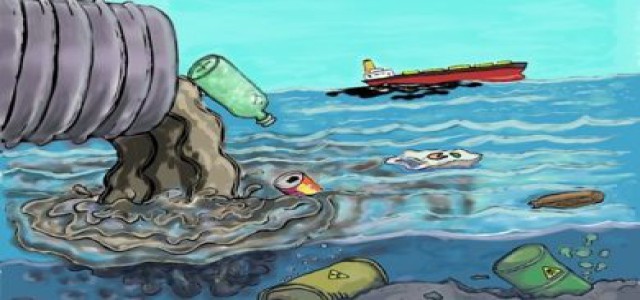Study suggests that viruses can survive on plastics in freshwater

Scientists have recently proved that the virus could continue to survive and remain infectious by binding itself to plastics in freshwater. This new study creates concerns about the impact this could have on human health.
The study found that Rotavirus, which causes diarrhea, was able to stay alive for 3 days in lake water by affixing itself to the surfaces of small drops of plastic pollution known as microplastics.
According to the study, these microplastics are extremely tiny and are capable of getting ingested by someone swimming.
The findings published in the journal ScienceDirect say that the virus particles were retrieved from biofilm colonizing microplastics and their bond with the biofilm intensified the survival of virus as compared to the water phase.
Headed by researchers from the University of Stirling, this study has been recognized as first-of-its-kind for finding the challenges connected with using water taken from the natural environment.
Richard Quilliam, the lead researcher on the project, said in a statement that even if the wastewater treatment plant is performing accurately, the discharged water still consumes some microplastics, which are later transmitted into the estuary, down the river, which then ends up on the beach.
However, he said there was no surety about how well viruses could stay alive by ‘hitch-hiking’ in the environment on plastic but they do survive, function, and remain infectious.
Until now, researchers have tested two types of viruses – namely the flu virus (bacteriophage Phi6), the ones with a lipid coat or an envelope around them, and those without intestinal viruses, like norovirus and Rotavirus (they tested SA11 rotavirus strain).
They found that the envelope dissolved instantly in those viruses with an envelope, and the virus was neutralized, however, those without the envelope bonded to the microplastics successfully and survived.
Source Credit – https://www.indiatoday.in/science/story/viruses-can-survive-in-freshwater-by-hitch-hiking-on-plastics-1968082-2022-06-29
